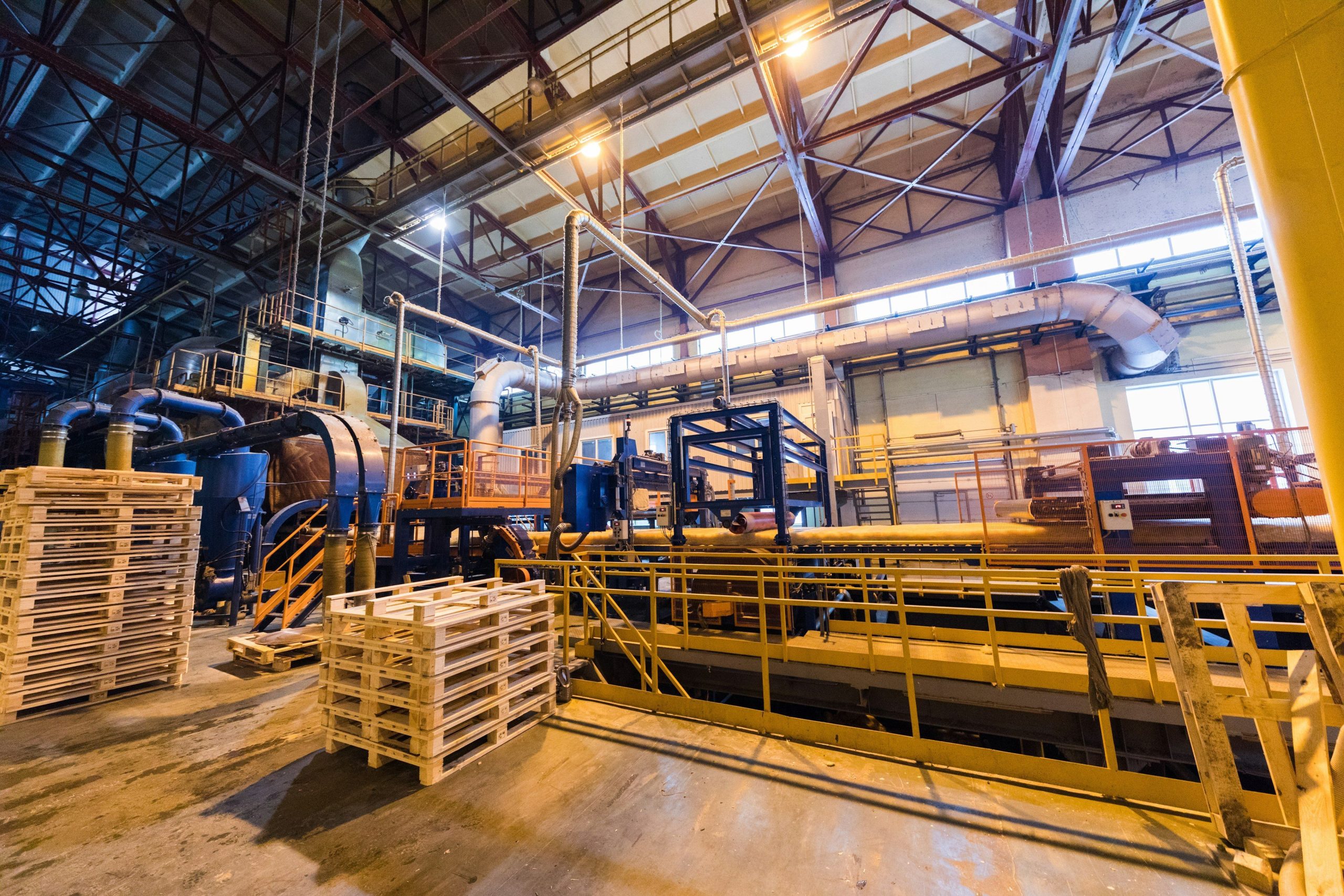The landscape of information technology and its operations have been going through incredible transformations. The age of manual, labor-intensive operations is giving way to automated, intelligent systems that can handle complex tasks with surprising efficiency. This revolution is not only transforming the way businesses operate; it’s reshaping the very fabric of the tech industry. The secret driving force behind this is the intersecting domains of AI and automation. AI, or artificial intelligence, offers the human-like intelligence necessary to make complex decisions, while automation provides the ability to perform repetitive tasks efficiently. Together, AI-powered automation is streamlining IT operations in large enterprises at a scale that was previously unimaginable.
The Power of AI and Automation in Business
AI and automation are not just fancy buzzwords. They have tangible, real-world impacts on large businesses. By automating mundane tasks, businesses can free up their human resources to focus on more critical strategic tasks. This not only improves the productivity of the workforce but also enhances overall operational efficiency.
Also read : How to develop a secure blockchain platform for managing intellectual property rights?
Furthermore, AI adds a layer of intelligence to these automation processes. It allows the systems to learn from data patterns, make predictions, and improve their performance over time. This can be particularly useful in identifying potential issues in IT operations before they become significant problems. Overall, AI and automation together are making businesses more resilient, adaptive, and agile.
Streamlining IT Operations through AI-Powered Automation
How exactly does AI-powered automation streamline IT operations in large enterprises? The answer lies in the versatility of AI and automation to adapt and optimize various facets of IT operations. Here we take a look at some of the key areas where AI-powered automation has made a profound impact.
Have you seen this : How to use AI for predictive maintenance in offshore oil and gas platforms?
Revolutionizing Process Management
Process management is a critical aspect of IT operations that ensures smooth execution of tasks. AI-powered automation tools have brought a dramatic shift in how IT process management is handled. By learning from past data, these tools can predict potential bottlenecks in the processes and suggest optimal solutions. This not only makes the process more efficient but also reduces the time taken to complete the tasks.
Moreover, these tools also enable faster and more accurate decision-making. Instead of relying on human judgment, which can be influenced by various factors, AI-powered tools make decisions based on data. This eliminates bias and increases the accuracy of the decisions.
Enhancing Customer Experience
Customer experience is an integral part of IT operations in large enterprises. Whether it’s handling customer queries, solving technical issues, or providing product support, businesses need to ensure top-notch customer service. AI-powered automation can play a vital role in enhancing the customer experience.
Chatbots and virtual assistants powered by AI can handle routine customer queries 24/7, offering immediate responses to customers. AI can also predict customer behavior based on past interactions, enabling businesses to provide personalized services. This not only improves customer satisfaction but also fosters customer loyalty.
Improving Operational Efficiency
Operational efficiency refers to the ability of a business to deliver quality services to its customers in the most cost-effective manner. AI-powered automation has proven to be a game-changer in improving operational efficiency.
By automating repetitive tasks, businesses can significantly reduce operational costs. AI can also analyze operational data to identify areas of inefficiency and suggest ways to improve them. This helps businesses to continually fine-tune their operations and achieve higher efficiency levels.
Intelligent Systems for Better Management
Management of IT operations is another area where AI-powered automation has had a transformative impact. These intelligent systems can monitor and control various aspects of IT operations, from network management to data security.
For instance, AI-powered security tools can detect anomalies in data traffic that could indicate potential security threats. Similarly, AI-powered network management tools can monitor the network’s performance in real-time and make necessary adjustments to ensure optimal performance.
Reducing Human Error
No matter how skilled or experienced a human workforce is, errors are inevitable. These errors can sometimes lead to significant issues in IT operations. AI-powered automation reduces the risk of such errors by taking over routine tasks that are prone to human error.
Moreover, AI can also identify patterns in human errors and suggest ways to prevent them in the future. This not only improves the reliability of IT operations but also enhances the overall quality of services provided by businesses.
In a world that’s increasingly becoming digital and data-driven, businesses need to harness the power of AI and automation to stay ahead of the curve. With AI-powered automation, businesses can streamline their IT operations, improve efficiency, and deliver better services to their customers. It’s not just about staying competitive; it’s about shaping the future of IT operations.
The Role of AI in Predictive Analysis and Decision-Making
One of the most powerful applications of AI in IT operations is in the realm of predictive analysis and decision-making. AI-powered systems are capable of analyzing vast amounts of data, identifying patterns, and making accurate predictions about future trends or potential issues. This capability is proving to be invaluable in IT operations.
Predictive analysis involves gathering and analyzing historical data to forecast future events. In the context of IT operations, this could involve predicting potential system failures, identifying security risks, or forecasting the impact of a software update. The key to effective predictive analysis lies in the accuracy and timeliness of the predictions. AI, with its ability to process massive data sets in real-time and learn from past patterns, excels in this area.
AI plays a significant role in decision-making as well. Traditional decision-making in IT operations often relies on human judgment, which is prone to bias and error. AI, on the other hand, makes decisions based on data, eliminating the risk of bias and increasing the accuracy of the decisions.
For example, an AI-powered system could analyze network traffic data to identify potential security threats. Instead of relying on human judgment to decide whether a particular pattern of network traffic is suspicious, the system uses machine learning algorithms to make this decision. This reduces the risk of false positives and ensures that threats are detected and addressed promptly.
In addition, AI can also automate the decision-making process. Once a potential issue is detected, the system can automatically take the necessary actions to mitigate it. This could involve rerouting network traffic, patching a security vulnerability, or even shutting down a compromised system. This level of automation not only speeds up the response time but also reduces the potential for human error.
In Conclusion: AI-Powered Automation – The Future of IT Operations
There is no doubt that AI-powered automation is transforming IT operations in large enterprises. By automating routine tasks, AI frees up human resources to focus on more strategic tasks. AI adds a layer of intelligence to these automation processes, enabling systems to learn from data, make accurate predictions, and improve performance over time.
The power of AI and automation is already being felt in areas such as process management, customer experience, operational efficiency, and management of IT operations. These technologies are not only making businesses more resilient, adaptive, and agile, they are also reducing the risk of human error and enhancing the quality of services.
The potential of AI-powered automation goes beyond what we have discussed in this article. With continued advancements in AI and machine learning, we can expect these technologies to play an even more significant role in IT operations in the future. They could potentially transform every aspect of IT operations, from network management to data security, from customer support to business intelligence.
In a world that’s increasingly becoming digital and data-driven, harnessing the power of AI and automation is not just a competitive advantage – it’s a necessity. It’s not about staying competitive; it’s about shaping the future of IT operations. As we look to the future, it’s clear that AI-powered automation will play a pivotal role in the evolution of IT operations in large enterprises.











